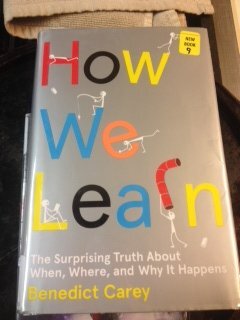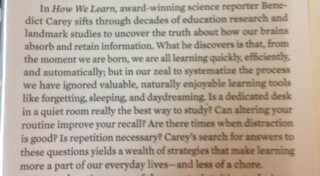"
@Pharoah, here is a lecture by Whitehead that might prove useful for you:
Modes of Thought
Lecture Eight: Nature Alive
Alfred North Whitehead
Table of Contents | Next | Previous
"THE STATUS of LIFE in nature, as defined in the previous chapter, is the modern problem of philosophy and of science. Indeed it is the central meeting point of all the strains of systematic thought, humanistic, naturalistic, philosophic. The very meaning of life is in doubt. When we understand it, we shall also understand its status in the world. But its essence and its status are alike baffling.
After all, this conclusion is not very different from our conclusion respecting nature, considered in abstraction from the notion of life. We were left with the notion of an activity in which nothing is effected. Also this activity, thus considered, discloses no ground for its own coherence. There is merely a formula for succession. But there is an absence of understandable causation to give a reason for that formula for that succession. Of course it is always possible to work oneself into a state of complete contentment with an ultimate irrationality. The popular positivistic philosophy adopts this attitude.
The weakness of this positivism is the way in which we all welcome the detached fragments of explanation attained in our present stage of civilization. Suppose that a hundred thousand years ago our ancestors had been wise positivists. They sought for no reasons. What they had observed was sheer matter of fact. It was the development of no necessity. They would have searched for no reasons underlying facts immediately observed. Civilization would never have developed. Our varied powers of detailed observation of the world would have remained dormant. For the peculiarity of a reason is that the intellectual development of its consequences suggests consequences beyond the topics already observed. The extension of observation waits upon some dim apprehension of reasonable connection. For example, the observation of insects on flowers dimly suggests some congruity between the natures of insects and of flowers, and thus leads to a wealth of observation from which whole branches of science have developed. But a consistent positivist should be content with the observed facts, namely insects visiting flowers. It is a fact of charming simplicity. There is nothing further to be said upon the matter, according to the doctrine of a positivist. At present the scientific world is suffering from a bad attack of muddle-headed positivism, which arbitrarily applies its doctrine and arbitrarily escapes from it. The whole doctrine of life in nature has suffered from this positivist taint. We are told that there is the routine described in physical and chemical formulae, and that in the process of nature there is nothing else.
The origin of this persuasion is the dualism which gradually developed in European thought in respect to mind and nature. At the beginning of the modern period Descartes expresses this dualism with the utmost distinctness. For him, there are material substances with spatial relations, and mental substances. The mental substances are external to the material substances. Neither type requires the other type for the completion of its essence. Their unexplained interrelations are unnecessary for their respective existences. In truth, this formulation of the problem in terms of minds and matter is unfortunate. It omits the lower forms of life, such as vegetation and the lower animal types. These forms touch upon human mentality at their highest, and upon inorganic nature at their lowest.
The effect of this sharp division between nature and life has poisoned all subsequent philosophy. Even when the coordinate existence of the two types of actualities is abandoned, there is no proper fusion of the two in most modern schools of thought. For some, nature is mere appearance and mind is the sole reality. For others, physical nature is the sole reality and mind is an epiphenomenon. Here the phrases 'mere appearance' and 'epiphenomenon' obviously carry the implication of slight importance for the understanding of the final nature of things.
The doctrine that I am maintaining is that neither physical nature nor life can be understood unless we fuse them together as essential factors in the composition of 'really real' things whose interconnections and individual characters constitute the universe. . . ."
Alfred North Whitehead: Modes of Thought: Lecture 8: Nature Alive


